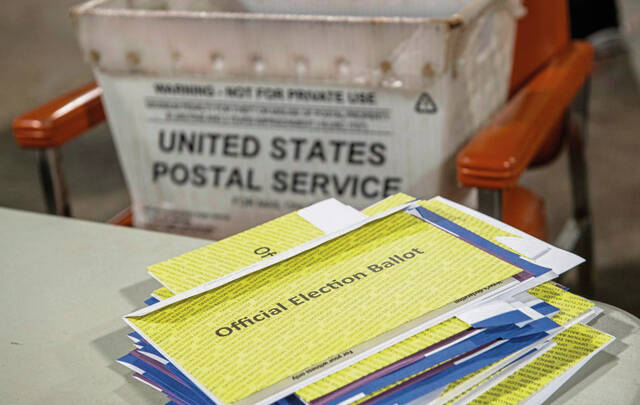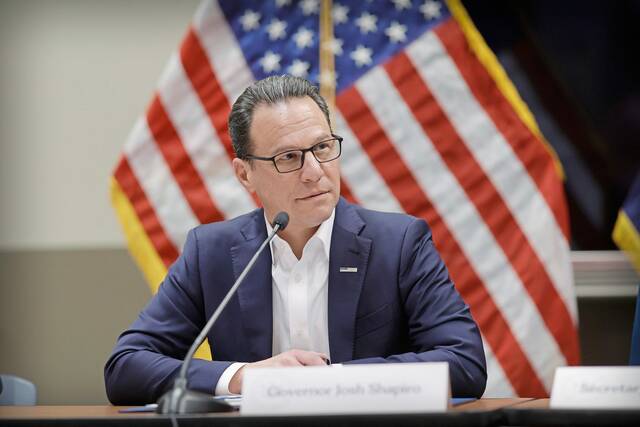The Pennsylvania Supreme Court on Friday said that the Washington County Board of Elections must notify voters when their mail-in ballots have errors on them — and give them a chance to vote provisionally.
The 67-page decision, which affirms another issued in September 2024 by the state Commonwealth Court, found that not doing so violated voters’ procedural due process rights.
“We have no hesitation in concluding the right to vote constitutes a legitimate, protected liberty interest,” wrote Justice Kevin M. Dougherty for the four-person majority.
Therefore, the court continued, the Washington County Board of Elections “’interfered,’” with voters’ liberty interests when it changed the process for notifying voters of mail-in ballot errors in April 2024.
Prior to that date, Washington County voters were alerted to errors on their mail-in ballots and had the chance to fix them. But a vote by the board of elections on April 11 changed how defective ballots were entered into Pennsylvania’s Statewide Uniform Registry of Electors system.
Instead of noting an error — which would trigger an email notice to the voter to request a new ballot or cast a provisional vote on Election Day — elections employees were told to simply enter the defective ballots as “received,” instead of pending or canceled.
Therefore, those voters were not told that their ballots would be set aside.
A group of seven voters sued the board of elections in Washington County in July 2024 alleging the policy change undermined integrity in elections and disenfranchised eligible voters.
They argued that 259 Washington County voters who were not given the opportunity to vote provisionally were impacted.
A Washington County judge ruled in the plaintiffs’ favor, and the board of elections, along with the Republican National Committee and Republican Party of Pennsylvania, appealed to the Commonwealth Court.
In a 2-1 decision, the panel there agreed the policy change violated the voters’ due process rights.
They then appealed to the Pennsylvania Supreme Court, arguing that there is no “failsafe’ right to cast a provisional ballot in Pennsylvania. ”’[T]he General Assembly’s mandate here could not be clearer: ‘A provisional ballot shall not be counted if the elector’s absentee ballot or mail-in ballot is timely received by a county board of elections.’”
Further, they argued that a voter has no legal right to be provided notice — or the chance to cure — a defective mail-in ballot.
But the plaintiffs argued that the right to vote is protected by procedural due process rights — including potentially voting by provisional ballot.
In its opinion, the majority on the state Supreme Court agreed, finding that the policy change by the board “affirmatively misinformed” voters “that they were no longer permitted to vote at their polling place, even though that was not true, as they still could have voted by provisional ballot.”
The court wrote that the board was “fully aware of the consequences of its decision.”
“Certainly, these actions impeded the ability of those electors to exercise their right to vote by way of provisional ballot, since they were led to believe they successfully voted their mail ballot and had no need to vote provisionally.”
The opinion went on to say that the request for a provisional ballot is not “a second bite at the proverbial apple, and it is not double voting.
“It is about allowing a voter who made a mistake on a mail-in ballot return packet — the kind of mistake that will likely disqualify the ballot and invalidate the elector’s attempt to vote — to avail herself of the remaining ‘fail-safe’ attempt to exercise her fundamental right: completing a provisional ballot on Election Day,” they wrote.








